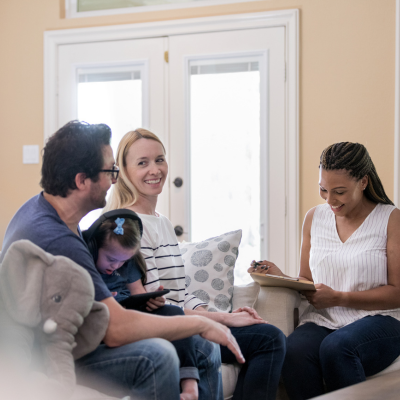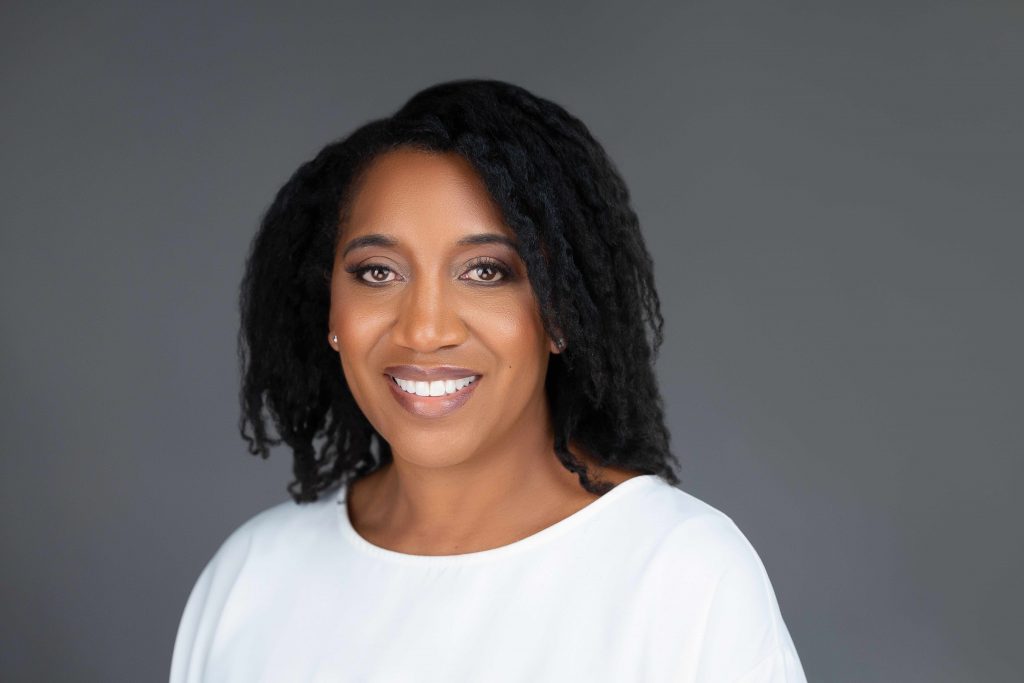Four years ago, Karen Wilson, Ph.D., a clinical neurologist, left a coveted university job to take a position that would help her more urgently support the caregivers and educators of the 1 in 5 children in the United States with learning and thinking differences.
Wilson became an expert with Understood.org, a nonprofit that provides resources and support for the parents, because “it is dedicated to shaping the world for difference,” she says. “They want everyone to be able to thrive in school, at work, and throughout life.”
We recently learned more about Wilson, who is also founder of West LA Neuropsychology, PC, and ChildNEXUS, and her role at Understood.org.
How did you become interested in research, specifically learning and thinking differences?
I’ve always been passionate about helping children who struggle with learning or social-emotional challenges get the support they need to thrive and achieve their full potential.
I also love research — uncovering life-changing insights into learning and thinking differences like ADHD and dyslexia. But I was frustrated. Did you know that it takes about 17 years for hospitals and clinics to start using research that has shown a practice or treatment is effective? I wanted to make a bigger impact by helping parents understand and support their kids who learn and think differently. Right now.
What are the top three things you wish all parents and educators knew about neurodivergence?
Unfortunately, more than half of Americans say they don’t have a clear understanding of neurodivergence. We need to take this as a moment in time to realize that now, more than ever, it’s vital that we are educating parents and teachers about neurodivergence.
Here are the three things all parents and educators should know:
- Students with learning and thinking differences have a number of strengths!
- There’s no “one-size-fits-all” approach for parents or educators.
- Have a desire to learn — educating yourself on learning and thinking differences like ADHD and dyslexia will help neurodivergent students and children and, in turn, reduce stigmas.
Please share with us how mental health and learning and thinking differences overlap.
“Is my child dealing with anxiety or dyslexia? Is this low self-confidence or ADHD?” As a clinical neuropsychologist, I often hear questions like these from parents.
The short answer: It could be both. Mental health and learning and thinking differences have a significant and complex overlap. We need to know the underlying issue when deciding how to address a child’s needs.
Kids who are struggling in school often feel inadequate and frustrated. This can make them more vulnerable to anxiety, depression and disruptive behavior disorders. These issues can further hinder their ability to learn, build relationships and cope with setbacks.
Struggling teens who don’t have enough academic support are at higher risk for substance abuse, dropping out, engaging in illegal activities and developing aggressive or defiant behaviors.
What are the common misconceptions?
Misconceptions and stigmas around neurodiversity are all too common today. Nearly half (48%) of parents of children under 18 say that the stigma surrounding neurodiversity is stronger than ever. For example, 33% of classroom teachers and other educators believe that challenges in the classroom are sometimes just laziness and 48% of parents believe incorrectly that kids grow out of learning differences. These misconceptions can be harmful. In addition, 69% of parents of kids with learning and thinking differences say that the stigma/misconceptions associated negatively impact their child’s mental health and well-being.
How can parents be better advocates for their children?
Every step taken by individual families and parents creates progress toward a more empathetic and informed society — communities and schools where every child is understood, supported and empowered to reach their full potential. Parents should make efforts to educate themselves and their peers — and continue to have open dialogue with their children who have learning and thinking differences.
Please share 2-3 actionable steps that parents can take.
Parents can learn more about learning and thinking differences and mental health in the following ways:
- Get educated. Using free resources like Understood.org, parents can read a library of accessible, expert-vetted resources to help understand and address their kids’ challenges — without having to wade through academic journals.
- Communicate, In order to create a community where children who are neurodiverse can thrive, it’s important that parents have an open dialogue with their child’s educators to ensure they are in a safe space at school and in an environment where their needs are accommodated.
- Find a community. It’s important to connect with other parents and caregivers who understand what you may be going through. Through the free app Wunder by Understood, parents can connect with other parents of neurodivergent children, learn from experts, and access information from Understood.



























